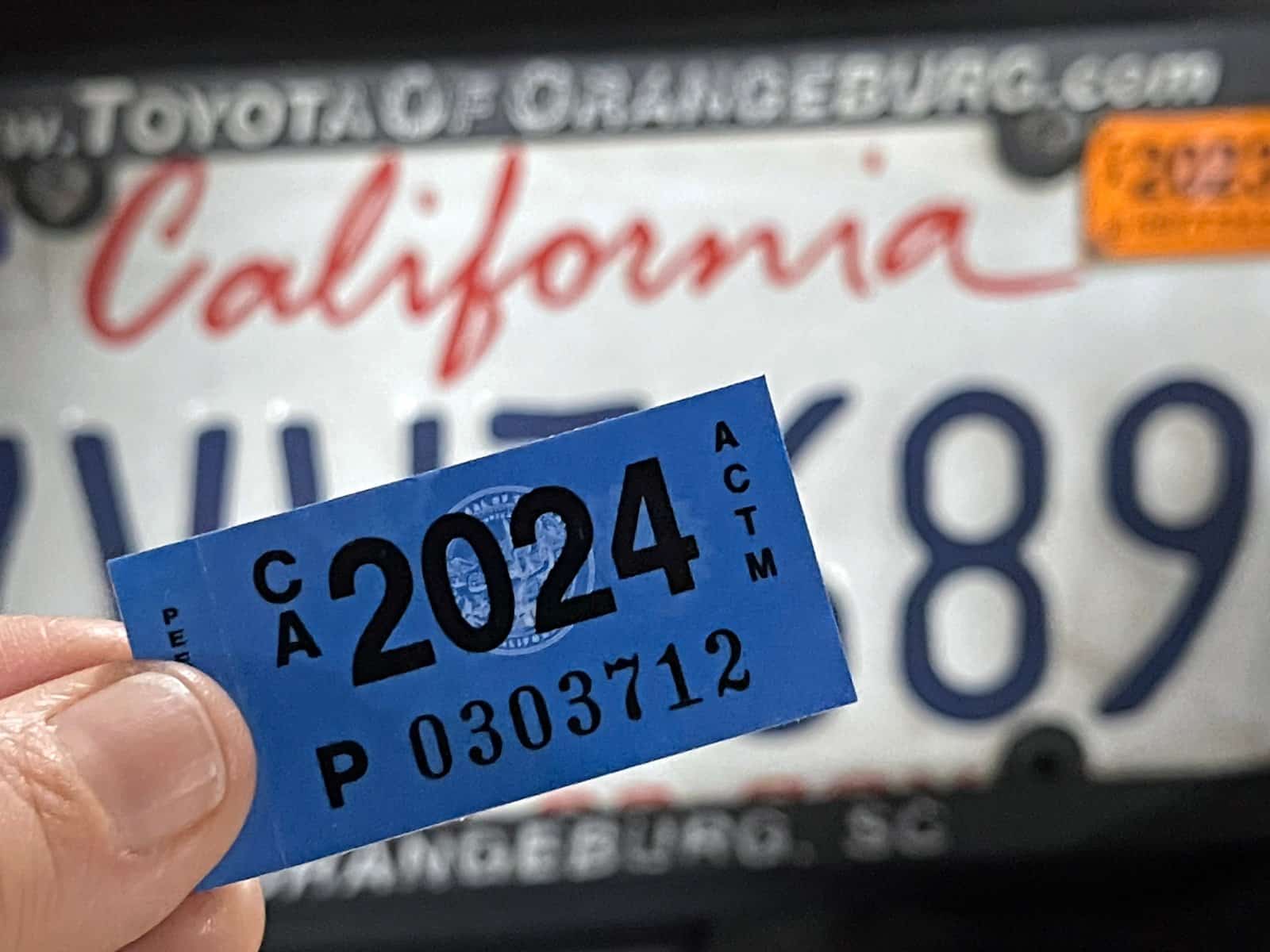Are you constantly wondering where your paycheck goes each month? It’s time to cut out the habits that are quietly draining your wallet. Have you ever stopped to consider if your daily routines are costing you more than they’re worth?
#1. Buying Brand-Name Products

When shopping, opting for brand-name items can significantly increase your grocery bill. Store brands often provide the same quality at a fraction of the cost.
#2. Ignoring Routine Maintenance

Postponing routine maintenance on your vehicle or home can lead to costly repairs down the line. Regular check-ups can save you a fortune in the long run.
#3. Eating Out Frequently

Dining out often can eat up a significant portion of your budget. Cooking at home is not only cheaper but also healthier, giving you control over ingredients and portions.
#4. Impulse Shopping

Buying items on a whim, especially during sales, may feel satisfying but it can lead to unnecessary spending. Make a list and stick to it to avoid impulse purchases.
#5. Using Credit Unwisely

Relying on credit cards for everyday purchases can lead to debt accumulation due to high interest rates. Use cash or debit to keep your spending in check.
#6. Paying for Unused Subscriptions

Monthly subscriptions can add up, especially if you’re not using them. Regularly review and cancel any services you no longer use or need.
#7. Keeping Energy Vampires

Leaving electronics plugged in even when they’re not in use can increase your electric bill. Unplug appliances or use a power strip to turn them off completely.
#8. Not Comparing Prices

Failing to compare prices before making significant purchases can result in missing out on better deals. Always shop around, especially for expensive items.
#9. Daily Coffee Runs

Your daily coffee habit can add up quickly. Brewing coffee at home can save you a surprising amount of money each month.
#10. Wasting Food

Throwing away unused food not only wastes money but also resources. Plan meals and store leftovers properly to minimize waste.
Closing the Drain on Your Wallet

It’s time to plug the leaks in your financial bucket. By addressing these habits, you can save money and strengthen your financial foundation. Are you ready to start saving?
23 Steep Taxes Adding to California Residents’ Burden

California: a place of sunshine, innovation, and, unfortunately, some of the nation’s highest taxes. From LA’s beaches to Silicon Valley’s tech hubs, residents grapple with a maze of state taxes. Here’s a glance at 23 taxes that might surprise both Californians and outsiders. 23 Steep Taxes Adding to California Residents’ Burden
Cash in on Nostalgia: 21 Toys Now Worth a Fortune

Time to dust off the boxes and find that once-cherished toy from your childhood. For collectors and enthusiasts, these items have become valued objects, and they can be worth big bucks – are there any of these in your attic? Cash in on Nostalgia: 21 Toys Now Worth a Fortune
Millennials Don’t Buy These 19 Products Anymore

Millennials are changing consumer habits, quietly replacing once-staple products and traditions. Often criticized for their disruptive preferences, this generation is reshaping the marketplace with digital expertise, ethical buying, and a taste for the unconventional. Millennials Don’t Buy These 19 Products Anymore
Featured Image Credit: Shutterstock / Dragon Images.
The content of this article is for informational purposes only and does not constitute or replace professional financial advice.
For transparency, this content was partly developed with AI assistance and carefully curated by an experienced editor to be informative and ensure accuracy.
